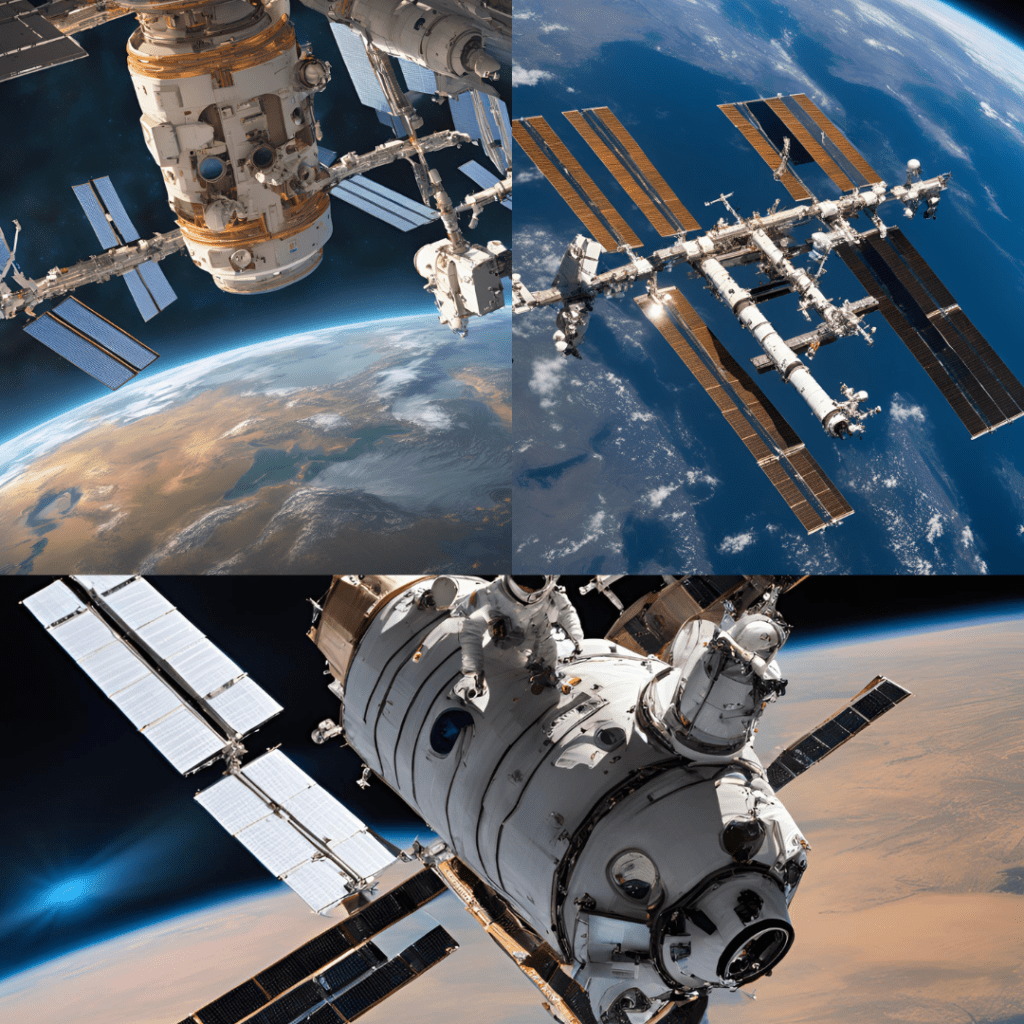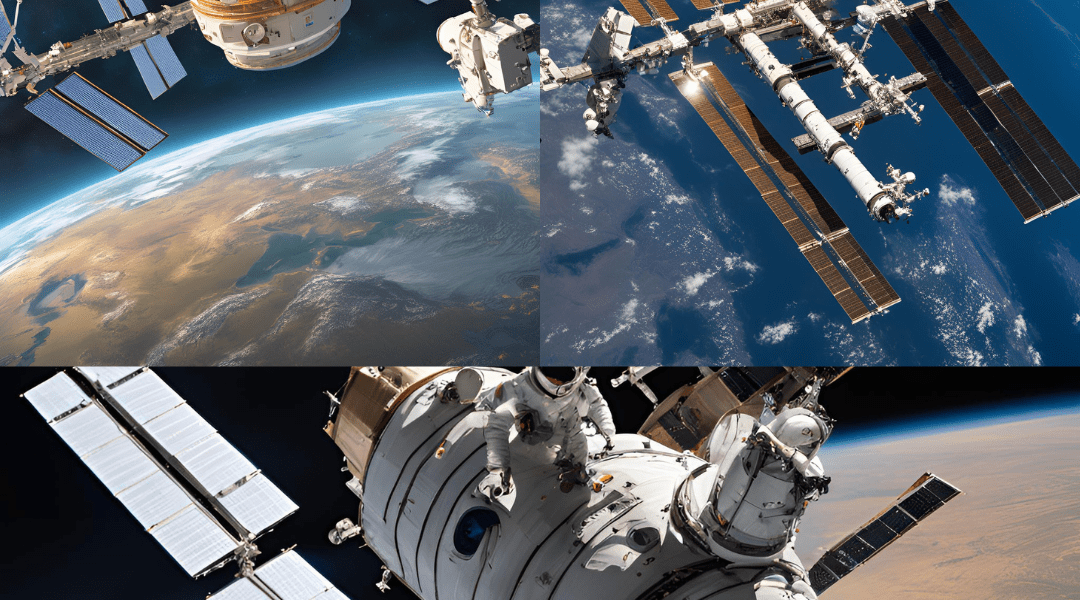The International Space Station Welcomes First All-Civilian Crew: A New Era of Space Exploration

The International Space Station (ISS) has reached a significant milestone by hosting its first-ever all-civilian crew. This development represents a turning point in space exploration, symbolizing the dawn of a new era where access to space is no longer restricted to government-employed astronauts or professional space scientists. This mission’s success marks a step closer to making space travel more accessible to the general public and fostering a new wave of innovation in space technologies.
The Mission and Its Significance
The historic mission was made possible through a collaboration between NASA, international space agencies, and private space companies. The crew members, consisting of non-professional astronauts from various walks of life, spent weeks undergoing rigorous training to prepare for the journey to the ISS. Their mission objectives included conducting scientific experiments, participating in educational outreach activities, and testing new space technologies.
This landmark mission demonstrates that the once-exclusive domain of space exploration is becoming more democratized. With advancements in space technologies, training methods, and safety protocols, civilian participation in space missions is no longer just a far-fetched dream. It signals that humanity is one step closer to making space travel a common occurrence in the future.
Private Companies Leading the Charge
One of the key factors contributing to the success of this mission is the involvement of private companies such as SpaceX and Blue Origin. These companies have revolutionized space travel by developing reusable rocket technology and reducing the costs associated with launching payloads and humans into orbit. SpaceX’s Dragon spacecraft, known for its advanced safety features and comfortable crew module, played a vital role in transporting the all-civilian crew to the ISS.
This partnership between private enterprises and governmental space agencies has not only made space travel more economically viable but also fostered healthy competition that drives innovation. The involvement of private players has accelerated technological advancements and brought in fresh perspectives, ultimately benefiting the entire space industry.
Why Civilian Space Missions Matter
Civilian participation in space exploration holds immense potential for several reasons:
- Educational Impact:
The inclusion of civilians on space missions offers unparalleled educational opportunities. The crew members can share their experiences and knowledge with students and educators worldwide, sparking interest in science, technology, engineering, and mathematics (STEM) fields. This mission, for instance, featured educational broadcasts from the ISS, where crew members answered questions from school children and demonstrated scientific experiments. - Scientific Contributions:
Civilians can contribute to important research conducted in microgravity environments. From studying the effects of space on the human body to conducting material science experiments, civilian astronauts can aid scientists in gathering valuable data that benefits both space exploration and life on Earth. - Innovation and Problem-Solving:
By involving individuals from diverse backgrounds, space missions can foster creativity and innovative problem-solving approaches. Civilians often bring fresh perspectives and new ideas that can improve mission outcomes and advance space technologies. - Inspiration for Humanity:
Civilian space missions capture the public’s imagination and inspire a sense of unity and exploration. When people from ordinary backgrounds achieve extraordinary feats, it sends a powerful message that space is for everyone, not just an elite few.
Challenges and Safety Measures
Despite the excitement surrounding civilian space missions, there are challenges that need to be addressed. Ensuring the safety of non-professional astronauts is paramount. The training programs must be comprehensive and rigorous to prepare civilians for the physical and psychological demands of space travel.
Furthermore, health risks associated with prolonged exposure to microgravity and radiation remain a concern. To mitigate these risks, mission planners have developed detailed health monitoring protocols and advanced medical support systems onboard the ISS.
Another challenge is the high cost of civilian space travel. While private companies have made significant strides in reducing launch costs, space travel remains prohibitively expensive for the average person. However, as technology continues to evolve, there is hope that space travel will become more affordable in the future.
Looking Ahead: The Future of Space Travel
The successful arrival of the first all-civilian crew at the ISS is just the beginning. In the coming years, we can expect more civilian-led missions to low Earth orbit and beyond. The vision of space hotels, lunar colonies, and even Mars expeditions seems closer to becoming a reality.
Moreover, the rise of space tourism is likely to have a positive economic impact. Just as the aviation industry transformed the global travel landscape, the space industry has the potential to create jobs, drive technological advancements, and open up new markets.
The collaboration between space agencies, private companies, and civilian participants will be crucial in shaping the future of space exploration. Partnerships that prioritize safety, sustainability, and inclusivity will ensure that space travel becomes an enduring part of human culture and progress.
Conclusion
The successful journey of the first all-civilian crew to the International Space Station marks a historic milestone in space exploration. It reflects humanity’s relentless pursuit of knowledge and the desire to push boundaries. As more civilians venture into space, the possibilities for scientific discovery, technological innovation, and human advancement are limitless.
This achievement serves as a reminder that space belongs to everyone, and with continued collaboration and innovation, we can unlock the full potential of the final frontier. The era of civilian space exploration is here, and it promises to redefine humanity’s relationship with the cosmos.




